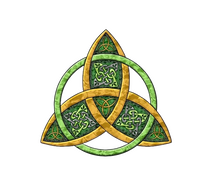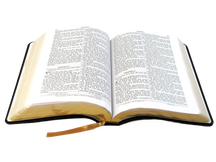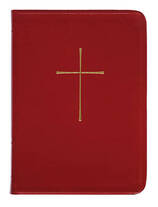|
Christ Focused
As Episcopalians, we are followers of Jesus Christ, and both our worship and our mission are in Christ’s name. In Jesus, we find that the nature of God is love, and through baptism, we share in his victory over sin and death. |
The Eucharist
The Eucharist (which literally means "thanksgiving,), is the Sacrament of Christ's Body and Blood and is the Church's principal act of worship. It is also called Holy Communion or Mass. But whatever it’s called, this is the family meal for Christians and a foretaste of the heavenly banquet. As such, all persons who have been baptized, and are therefore part of the extended family that is the Church, are welcome to receive the consecrated bread and wine, and be in communion with God and with each other. |
Holy Baptism
In the waters of baptism we are reminded that we belong to God and nothing can separate us from the love of God. We also find ourselves part of an extended family, one with Christians throughout the ages and across the world, in what we call the “one, holy, catholic [meaning 'universal'], and apostolic Church.” |
|
The Bible ~
Holy Scripture It is our foundation, understood through tradition and reason, containing all things necessary for salvation. Our worship is filled with Scripture from beginning to end. Approximately 70% of the Book of Common Prayer comes directly from the Bible, and Episcopalians read more Holy Scripture in Sunday worship than almost any other denomination in Christianity. |
The Book of
Common Prayer The Book of Common Prayer is a treasure chest full of devotional and teaching resources for individuals and congregations, but it is also the primary symbol of our unity. We, who are many and diverse, come together in Christ through our worship, our common prayer. |
Our Creeds
We will always have questions, but in the two foundational statements of faith – the Apostles’ Creed used at baptism, and the Nicene Creed used at communion – we join Christians throughout the ages in affirming our faith in the one God who created us, redeemed us, and sanctifies us. |










